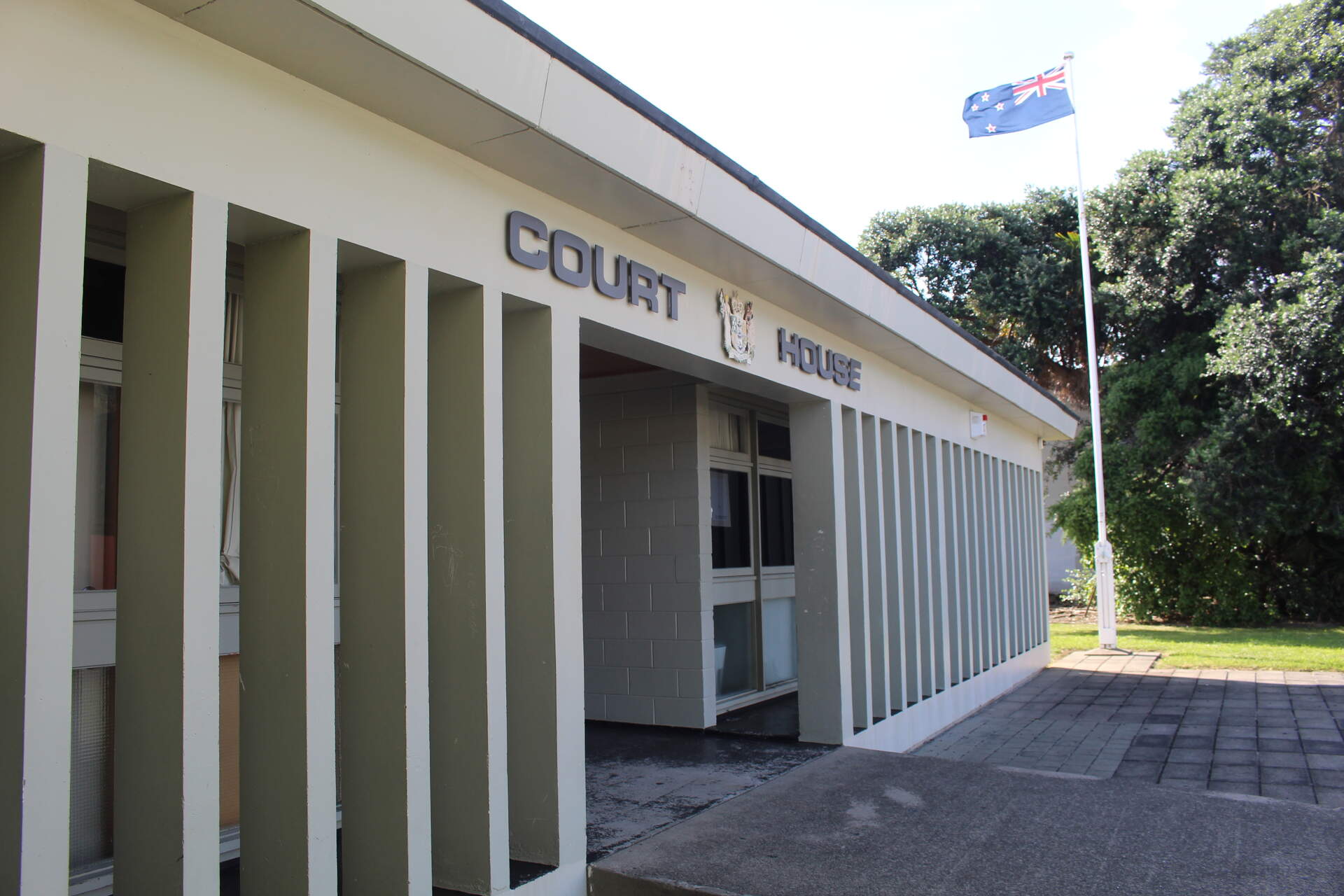Blackmailing a fellow teen over explicit photographs has led to one Thames Valley adolescent being convicted to community work.
A 17-year-old Thames Valley woman who blackmailed a fellow teen out of more than $2200 has been sentenced to 150 hours of community work and has to pay the victim back.
Loralie Barbalich was just 16 when the offending occurred, but was sentenced as an adult in the Thames District Court on January 20.
The court heard that between December, 2020 and February, 2021, Miss Barbalich and the victim exchanged messages over social media.

Miss Barbalich offered the victim to purchase explicit photos and provided him with a bank account number. The victim transferred $20 but did not receive any photographs.
Miss Barbalich then contacted the victim and told him she was only 15-years-old, and that her brother had found out about the messages.
She asked if the victim wanted to do another money deal, or get “smacked over”.
She told him she had his address.
Throughout the next few weeks, the victim made a number of transactions into Miss Barbalich’s bank account. In the end, the total payments amounted to $2289.
Judge Paul Geoghegan told the court that the victim was of similar age to Miss Barbalich, and according to his impact statement, he was “anxious, nervous, and fearful”.
He remained quiet about the situation, with the offending coming to an end only when his parents found out and intervened.
“The payments are not an insignificant sum, taking in his age,” he said.
Miss Barbalich’s counsel, Thomas Sutcliffe, asked Judge Geoghegan to consider discharging his client without conviction, stating a conviction for blackmail would be a “significant obstacle”.
“This young woman hasn’t had the best of starts in life… and at the end of the day, at this age, a conviction for blackmail would be a disproportionate response to the offending,” he said.
“The obstacles in front of her now are frankly insurmountable in terms of getting her foot on the ladder with employment.
“In the almost two years since [the events], there’s been no further offending… In my submission, this young woman is worthy of a chance.”
Judge Geoghegan said while a conviction would be a barrier, if that same logic was applied to all offending, the automatic result for young offenders would be a discharge without conviction.
“I don’t want to over-ice the cake,” he said, “but it was premeditated, planned, persistent offending over a period of two months. This was not an impulsive, one-off action by an adolescent.”
Mr Sutcliffe told the court that Miss Barbalich was on a benefit and paid $250 a week to her parents. She could start paying $25 a week in reparations to the victim until she obtains employment, he said.
Judge Geoghegan responded that “a really good sign of remorse” would be someone who knows a charge is before the court and who comes to the court with a year’s worth of reparation already put aside.
“That would indicate remorse. That would indicate an intent to compensate the victim,” he said.
Another factor to the case was an affidavit that said, at the time of the offending, Miss Barbalich was in a relationship with a 29-year-old man who suffered from substance abuse.
According to the affidavit, Miss Barbalich was homeless, on the street, and her life revolved around alcohol abuse. During this period, her partner allegedly encouraged her to sell naked photos online.
However, after standing the matter down in court for further clarification, Judge Geoghegan was told that there was nothing in the police file to substantiate this version of events.
It also wasn’t mentioned to the writer of Miss Barbalich’s pre-sentence report.
“That gives me cause to exercise some degree of caution and scepticism regarding that account from you,” he said.
However, Judge Geoghegan accepted that Miss Barbalich had “not had it easy”.
A 25 per cent allowance was granted for Miss Barbalich’s guilty plea, with another 15 per cent applied for her youth.
A further cultural allowance of 15 per cent was granted, while a good character allowance was declined.
This resulted in a sentence of six months imprisonment; however, the crown was not seeking a jail term or an electronically monitored sentence.
The application for a discharge without conviction was denied, and Miss Barbalich was sentenced to 150 hours of community work and ordered to pay $2289 in reparation to the victim.





